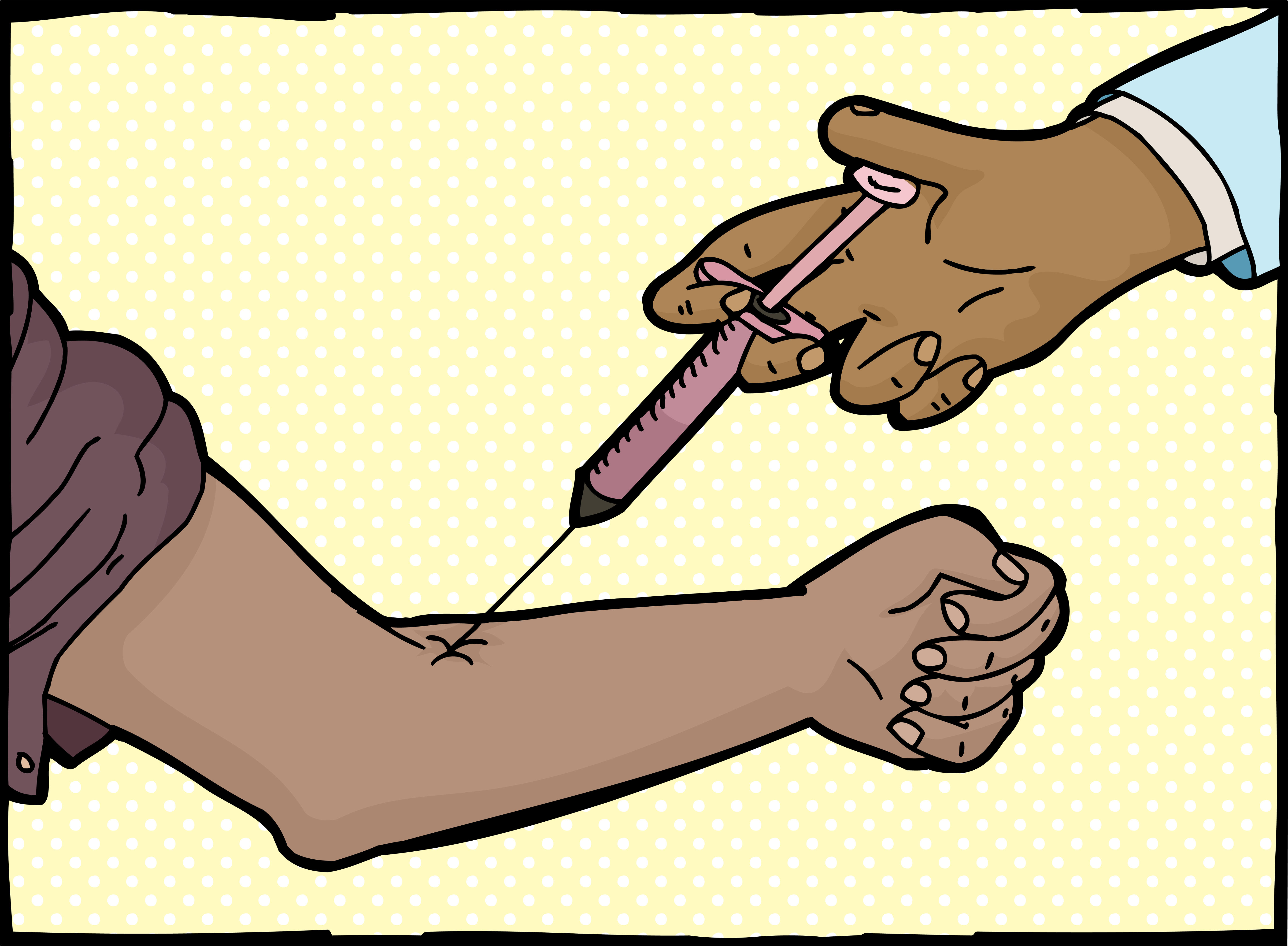With our busy lives, it can be easy to let things slip – even something as important as our health.
And, according to Dr Luke Pratsides, lead GP at Numan, “Men are notoriously bad at looking after their health.”
For Pratsides, there are a few reasons behind this. One is knowledge, with the GP saying: “Men tend to be less knowledgeable about specific diseases and risk factors, compared to women.
This lack of knowledge prevents men from seeking help unless symptoms cause substantial pain or immobility.”
Women tend to be invited to more regular check-ups throughout their lives, including cervical cancer screenings and antenatal care.
“Men, on the other hand, have no gender-specific screenings and may never come into contact with healthcare until asked to provide a stool sample in their 50s for the bowel cancer screening programme.
Next is perception. “In Europe, men are at greater risk for all leading causes of death, and are more likely to adopt unhealthy behaviour compared to women.
Despite this, men are less likely to perceive themselves as at risk of health problems, and report better subjective health compared to women,” Pratsides suggests. “This can be linked to health literacy, behaviour patterns and gender roles.”
Society’s attitude towards masculinity could also play a role. “Typical socialisation of men includes independence, fearlessness, toughness and avoiding emotional expression,” says Pratsides – and this could discourage men from going to the doctor when something feels wrong.
If you’re worried about your health, see your doctor or call 111 (999 if the issue is urgent). But if you want to improve your overall health on a day-to-day basis, you might want to take these simple steps…
1. Take a blood test

“A lot of health issues aren’t visible, and can only be flagged with a blood test,” suggests Pratsides. “Blood tests can measure your liver function, thyroid function, cholesterol levels and hormones.
“A blood test can help give you an understanding of your risk of chronic diseases like diabetes, and allow you to catch any underlying health issues early when they can be more easily treated.”
2. Eat a nutritious diet
“Nutrient deficiencies can lead to all sorts of health problems, including hair loss and slow-healing wounds.
“Eating a balanced diet, rich in vitamins and minerals, will promote good bone health, boost immunity, lower your risk of type 2 diabetes and improve heart health.”
3. Exercise

If you’re able to get your body moving, it really is a no-brainer. “Physical activity is crucial, and improves several aspects of health.
It reduces your risk of cardiovascular diseases, depression, high blood pressure, type 2 diabetes and several types of cancers,” says Pratsides.
Exercise doesn’t have to be a chore – why not try new things or play different sports, to find something that really makes you feel motivated and excited about working out.
4. Reduce your alcohol intake
“Excessive alcohol consumption puts you at risk of cancer, high blood pressure, liver and heart disease. It also increases depression and anxiety,” Pratsides adds.
“Reducing your alcohol intake will improve your long-term health, boost your sleep quality and give you more energy.”
5. Spend more time outdoors

Particularly as the weather warms up, this is an increasingly enjoyable thing to do – and Pratsides says there are “several health benefits to spending time outdoors”.
Going al fresco can potentially help lower stress, he suggests. “Poor mental health is a huge concern for men. Being outdoors – especially exercising outdoors – is one of the easiest ways to boost your mood.”





